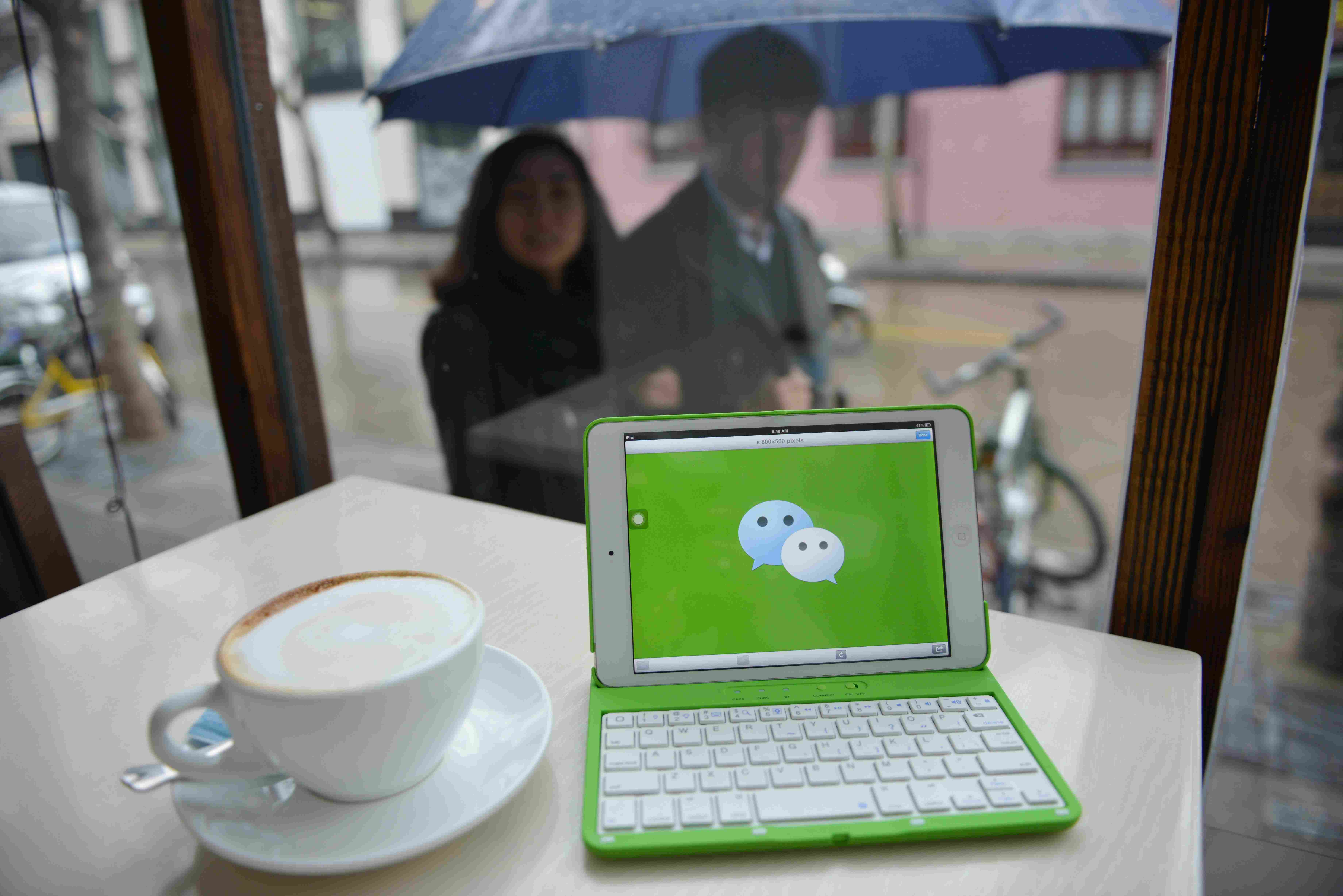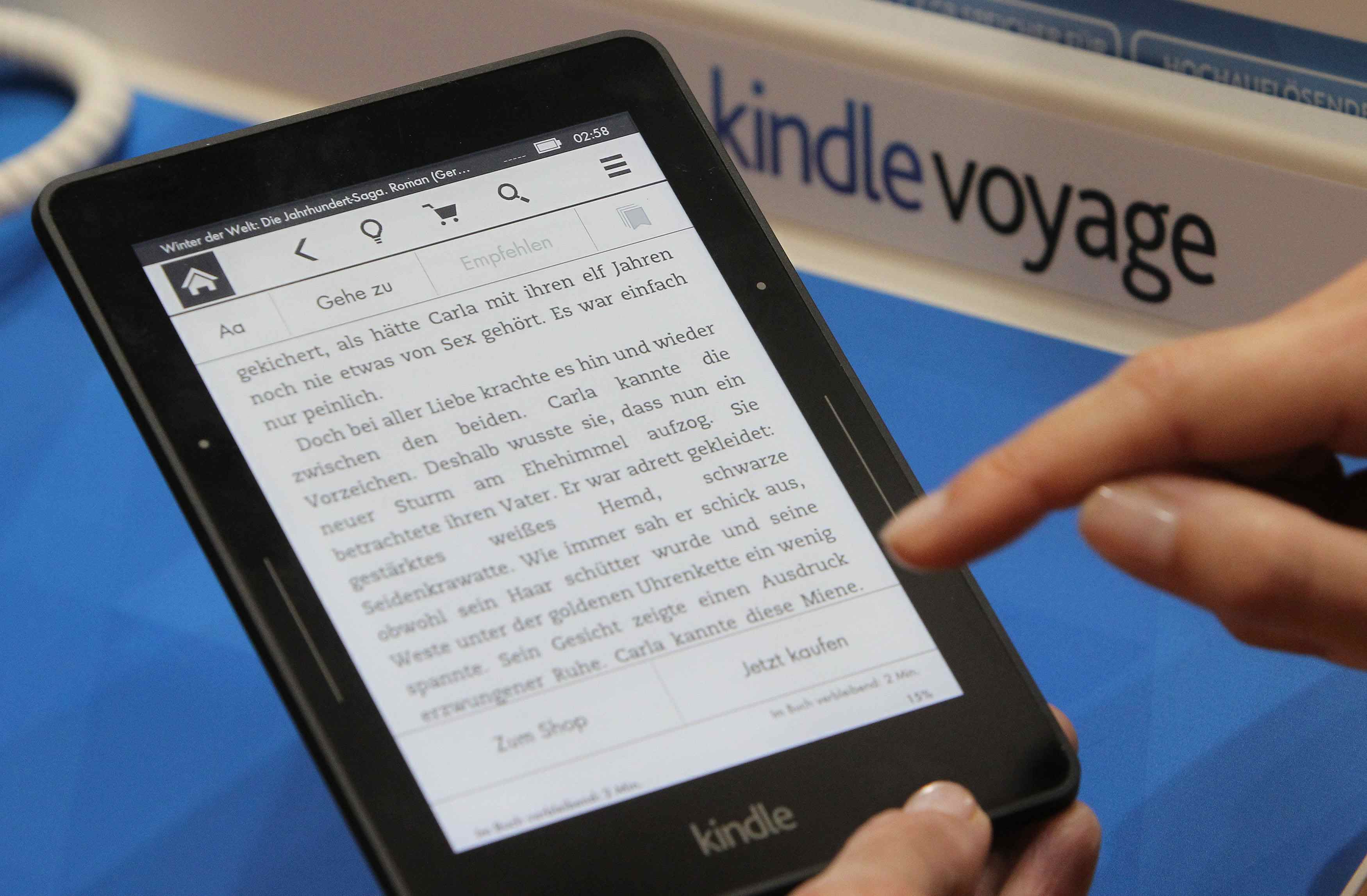
Culture
16:49, 05-Sep-2017
UNESCO highlights digital skills as Int'l Literacy Day goes high-tech
Nick Yates

The world will celebrate International Literacy Day on Friday September 8 with a particular focus on digital literacy.
Where once simple reading, writing and arithmetic were the main concerns of this UNESCO initiative, mastery of computers and information technology (IT) has become a big part of literacy as the world rushes online.
Nowhere is this more the case than in China. Developing countries typically have high rates of illiteracy, but the Chinese have leaped into computer use and made it an integral part of their lives like few other cultures. From paying for goods to hailing a taxi to reading a novel, everything seems to be done online in China’s cities.

Mobile apps like WeChat have become a part of daily life in China. /AFP Photo
Mobile apps like WeChat have become a part of daily life in China. /AFP Photo
China's online population surpassed 751 million this summer, accounting for 25 percent of global netizens, and a total of 724 million Chinese now use mobile phones to go online, according to official statistics.
The country is seen as pioneering the way towards a cashless lifestyle with this mass adoption of technology. More than 100 billion transactions were completed on electronic payment applications in China in 2016, while the number of mobile payment users has reached half a billion.
Even when it comes to traditional literacy, there is significant use of tech. Almost 70 percent of Chinese people now read on digital platforms amid the surge in popularity of smartphones, survey results showed in April.
According to the annual research by the Chinese Academy of Press and Publication, the proportion of Chinese readers using devices like phones and e-readers has been on the rise for eight consecutive years and stood at 68.2 percent in 2016.
The survey found that adults spent a daily average of 74.4 minutes reading digital content on their phones in 2016, an increase of 12.19 minutes over the previous year.

Almost 70 percent of Chinese people now read on digital platforms like Kindles. /AFP Photo
Almost 70 percent of Chinese people now read on digital platforms like Kindles. /AFP Photo
Last year’s Confucius Prize for Literacy winners were invited on a study tour of China, including a visit to ancient educator and philosopher Confucius’ hometown.
China has long played a major part in improving global literacy through bolstering education at home. According to the World Bank, the number of children not attending primary school was halved worldwide over the past two decades, driven by large increases in school enrollment in China and India.
Chinese initiatives to encourage reading include “book bars” on beaches and 24-hour bookstores. And now the new frontier in literacy is computers, China isn’t stopping there. Community centers have been running seminars instructing seniors in how to use smartphones.
And the publishing and tech industries are pushing to upgrade their products for this new age of digital literacy and ensure modern technology gets into people’s hands.
“Digital reading requires a specific carrier like a mobile phone, computer or e-reader,” said Shen Yiting, a member of staff at a Chinese state publisher. “But even then, reading on a computer is not a good experience. A good reading experience requires a higher standard of e-readers.”
On this International Literacy Day, there is still much to do in adapting to more high-tech times.

SITEMAP
Copyright © 2018 CGTN. Beijing ICP prepared NO.16065310-3
Copyright © 2018 CGTN. Beijing ICP prepared NO.16065310-3